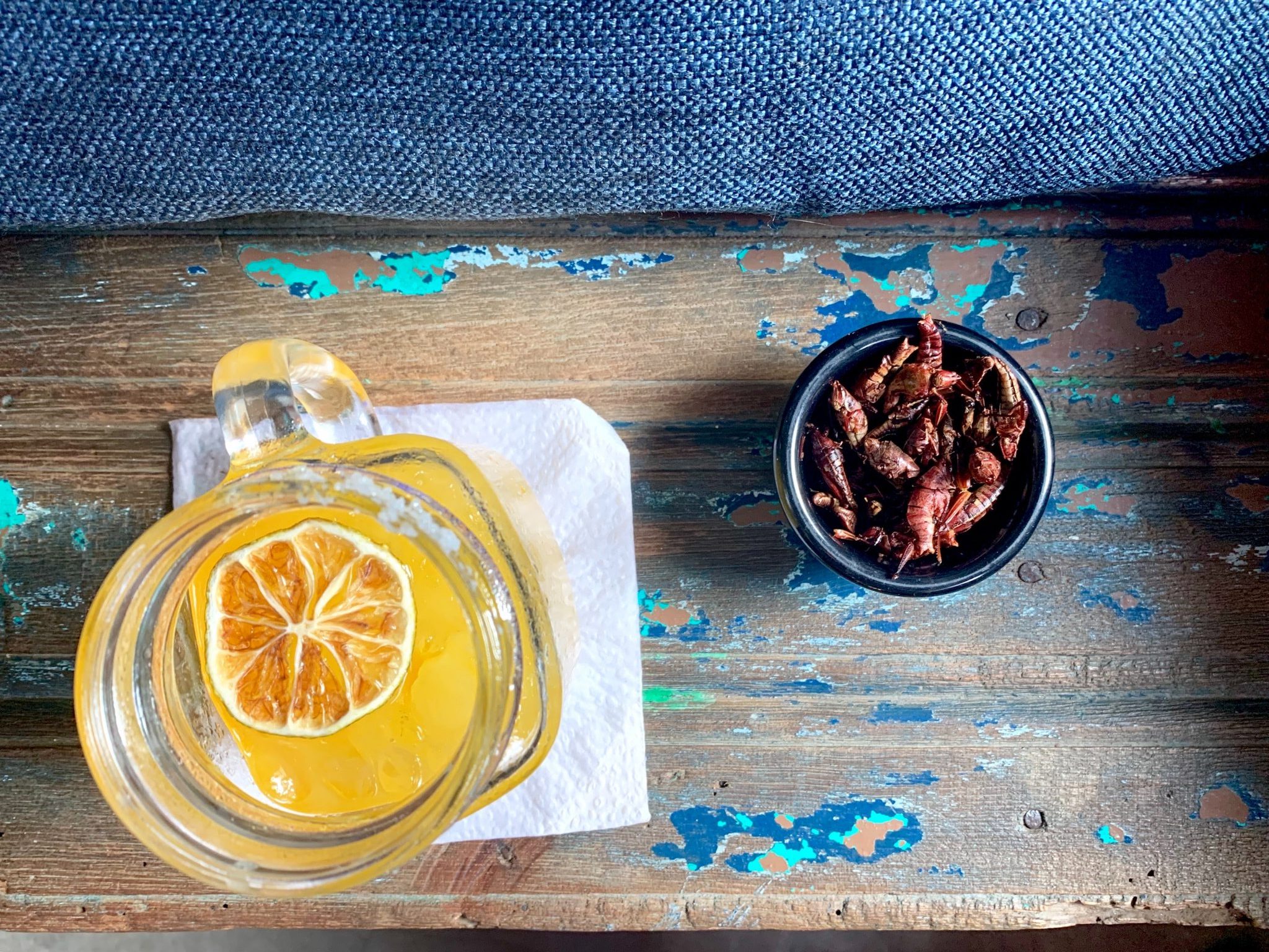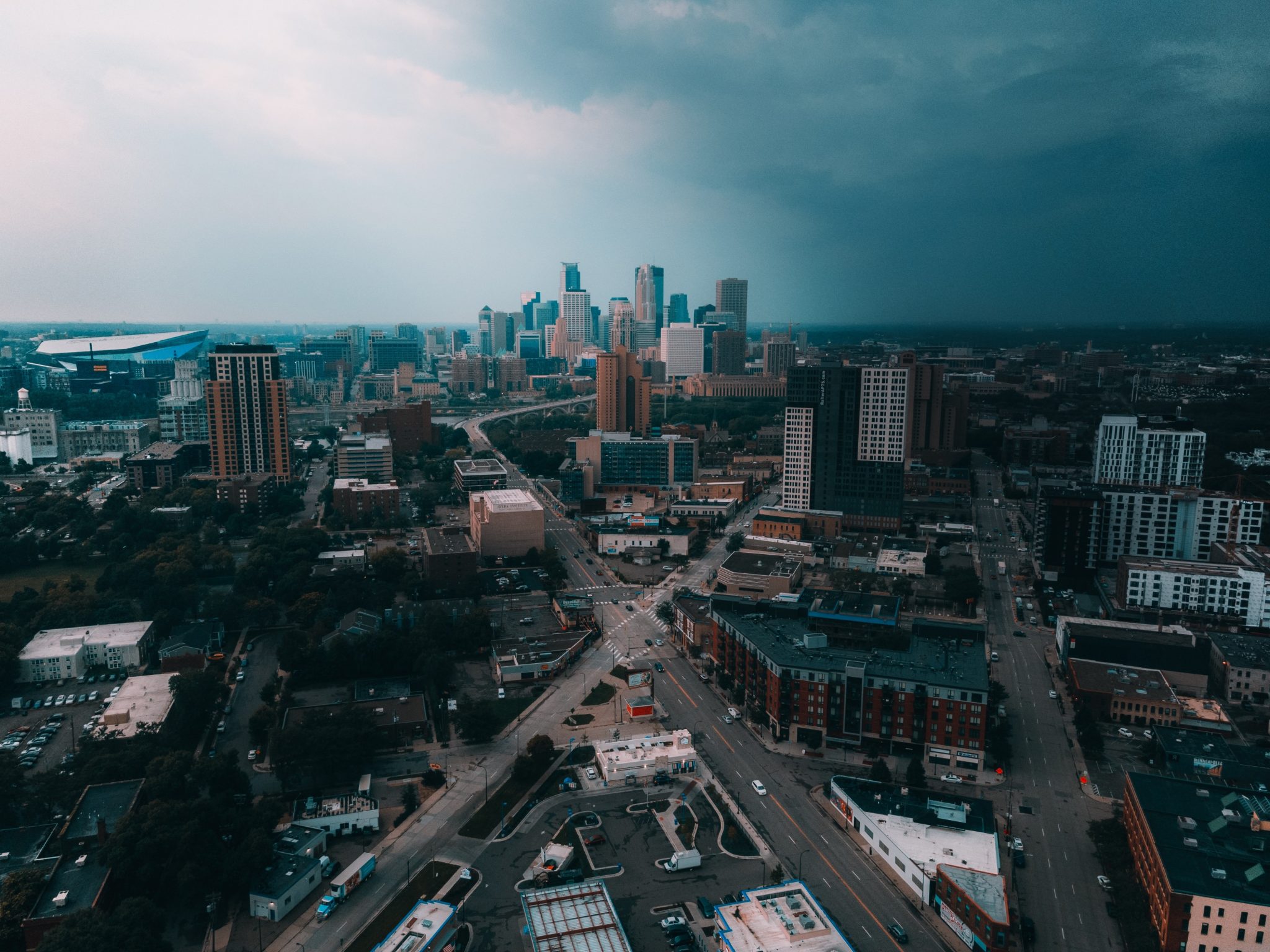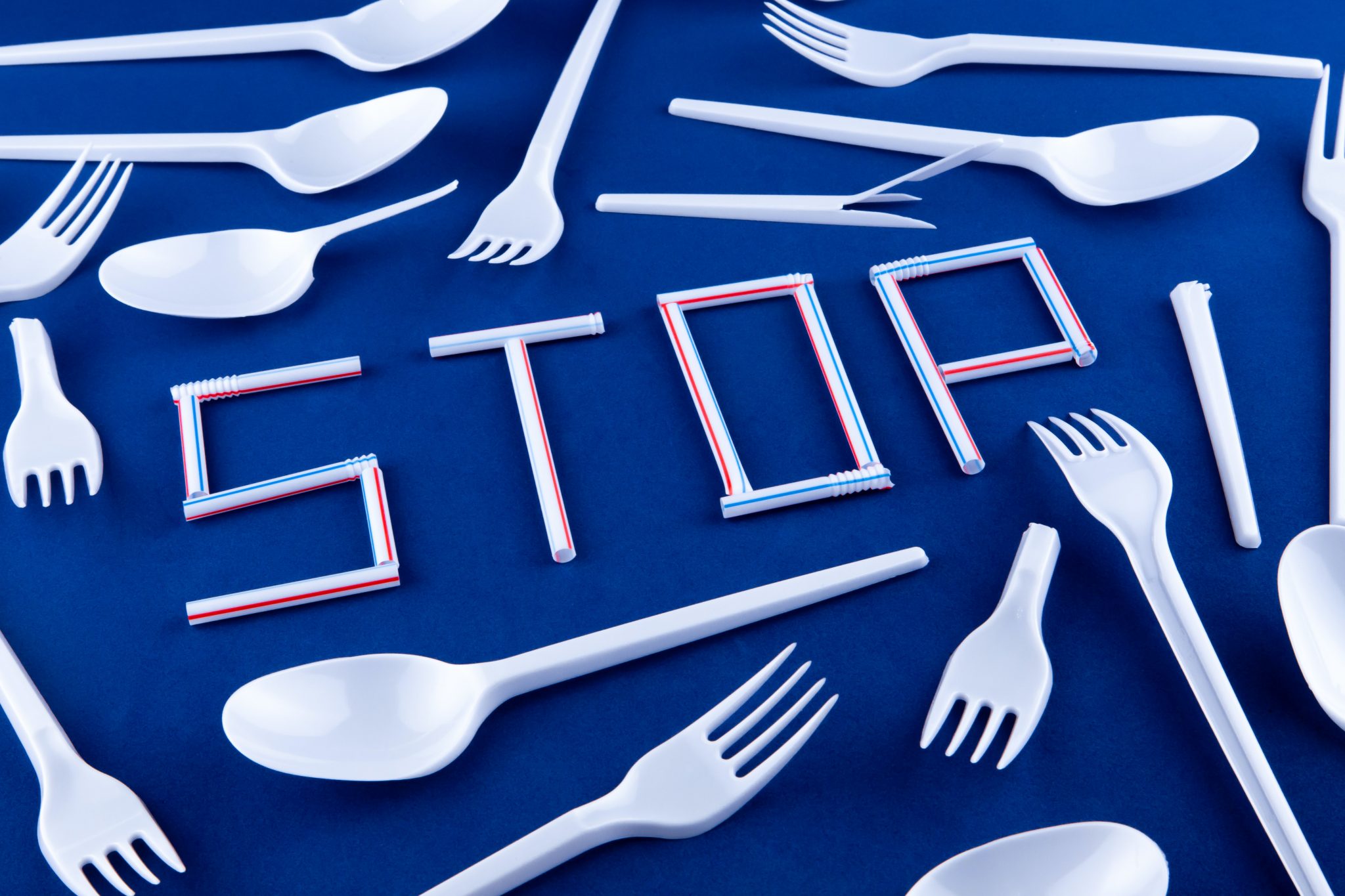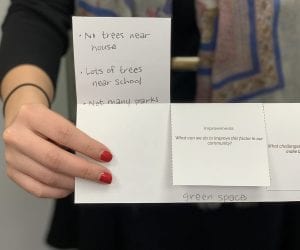We all play a critical role in finding solutions to the complex global challenges we face today, many of which are brought on by our massive, ever-growing population. Professionals get involved by using their expertise to confront issues and seek solutions. Teachers fulfill their role by educating future generations of consumers, voters, and leaders. And students can prepare for sustainable futures by taking thought-provoking and informative actions such as competing in the World of 7 Billion video competition. Why should we all get involved in finding solutions? Because every passing minute our world is suffering. The damage is adding onto existing problems as well as creating more in areas like this year’s contest topics: agriculture, urbanization, and ocean health.
7,899,320,156 – That’s the Earth’s population at the start of writing this blog. So in the face of almost 8 billion people, what solutions are happening right now, on the ground, to help protect our Earth from these pressing social and environmental problems?

A snack of crickets and lemonade.
Real-World Solutions to Agriculture and Food Challenges
LITTLE HERDS
Real-world Problem: Many companies mass produce food in order to have low cost, quickly-produced food items. This creates pollution, excess waste, destroyed land and low quality food, all while producing inhumane conditions for animals and some people involved.
Real-world Solution: One way to go about fixing this problem is exploring alternative food sources. Little Herds from Austin, Texas, is a nonprofit that is aiming to help the local community with food access. They focus on promoting the nutritious value of insects for food and feed through education. Currently, they are focusing on helping people eat however they can due to the Covid-19 pandemic.
BREAD FOR THE CITY
Real-world Problem: Due to income inequality, not all members of the community can afford healthy food. There are more cheap fast food options than grocery stores in impoverished areas. This brings health issues like malnutrition and heart issues.
Real-world Solution: Bread for the City is a nonprofit in Washington, DC that aims to aid the District through intersectional support. With two locations, they provide service to over 10,000 DC residents. Bread for the City started as a program to feed and clothe the poor. Today they offer a medical clinic, a job center, a thrift shop, a healthy food pantry, and produce from their rooftop garden! Multidimensional solutions like this nonprofit tackle multiple problems at once.
Real-World Solutions to Urbanization Challenges
SECTION 8
Real-world Problem: While cities are not inherently bad, they tend to have high property costs that exceed people’s wages. These high costs leave working people displaced without the ability to afford housing or in a situation where the infrastructure is unsafe.
Real-world Solution: The U.S. Department of Housing and Urban Development assists citizens by generating and sustaining the Housing Choice Voucher Program known as Section 8. It helps qualifying citizens find suitable housing that is safe, clean, and affordable by directly paying landlords a housing subsidy.
ECOCITY BUILDERS
Real-world Problem: As more people move to cities, population problems like poor air quality, a lack of farm fresh foods, and no green areas arise. These busy cities contribute to pollution and can leave many residents with a lower quality of life without natural resources nearby.
Real-world Solution: An international nonprofit, Ecocity Builders, convenes in multiple countries to educate the world on environmentally sustainable cities. They do this by promoting gardens in urban areas so the citizens have access to healthy home grown food. Furthermore, they promote green spaces like parks that help clean the air and water.
Real-World Solutions to Ocean Health Challenges
PLASTIC
Real-world Problem: Every year the globe generates 380 million tonnes of plastic and 10 million tonnes is directly dumped into our oceans. Companies that want to continue producing plastic argue for recycling but in reality, less than 9% of plastic gets recycled.
Real-world Solution: On a personal level, a solution for consumers is for them to use plastic alternatives including but not limited to bamboo, paper, and compostable resources both single use and reusable. We can make a difference in our lives by trying to abstain from plastic.
OCEANA
Real-world Problem: The ocean’s health is degrading fast in all seven seas. One reason is because of overfishing. This practice has depleted marine biodiversity by rapidly wiping out fish populations. Also, unsustainable fishing practices can catch unintended species that ultimately end up being killed.
Real-world Solution: Oceana is an international nonprofit formed from multiple organizations that tackles numerous ocean issues including overfishing. They promote responsible fishing that implements sustainable science-based catch limits and campaign for government change regarding fishing laws.
The Future of Progress
Thinking about population growth can be overwhelming. By the time this blog was posted, the population had reached 7,900,893,309 (that’s an increase of 1.5 million people!). The Earth’s future is our future and we need to inspire young people to provide, protect, and continue making progress for our planet. The World of 7 Billion video contest is a wonderful platform for young people to share their vision for a sustainable future!
Image credits: Lemonade (Jonathan Beckman on Unsplash); City (Kevin Nalty on Unsplash); Single-use plastics (Volodymyr Hryshchenko on Unsplash)






